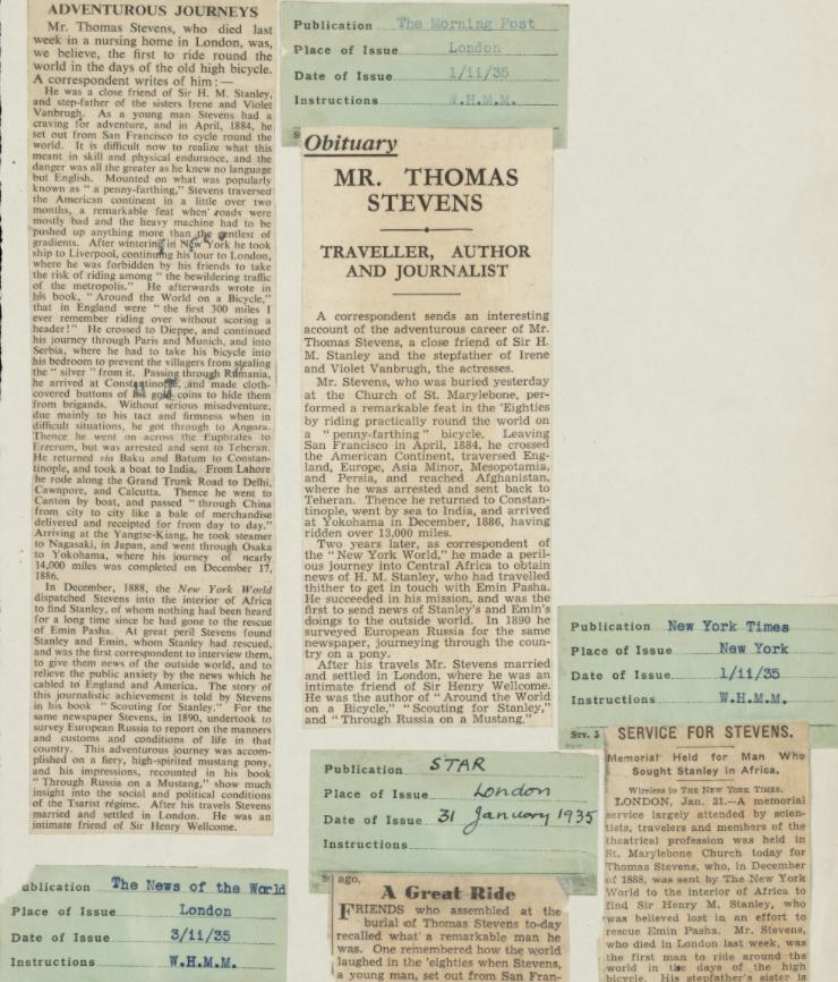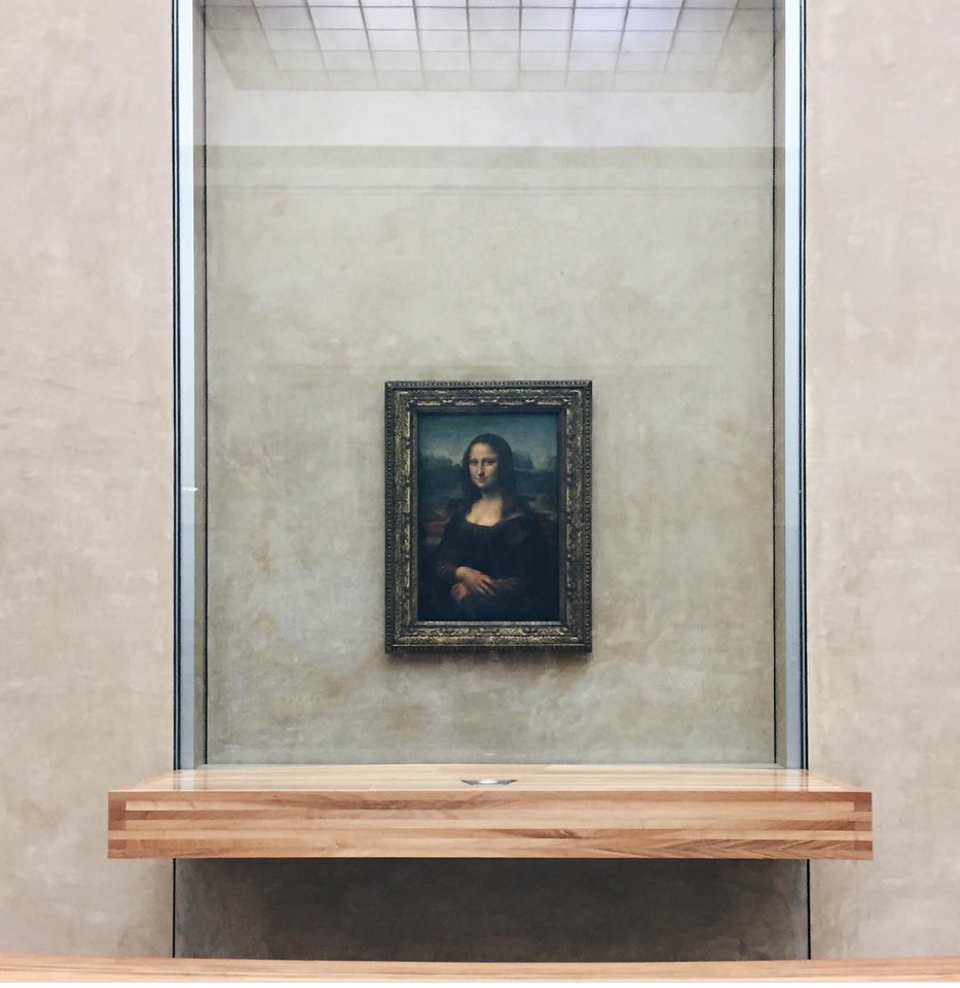As far back as I can remember, my grandfather thought of himself as on his way out. He wasn’t sick, but he was old when I met him. I was four, he was around 80. He was my best friend, but always quick to remind me that this was a short-term arrangement. He was supposed to be dying soon.
“Zaida, when I’m old, I’ll have extra face like you do!” I would tell him.
“Maybe, but I’ll be dead then,” he would respond.
–
“When I’m older, I’ll either be an actress or a cartoonist or a dancer!”
“We shall see. Well, you will. As for me, I’ll be dead, then.”
–
“Zaida, in two years, I’ll go to high school!”
“Yes, you will. I may still be around—but, likely, I’ll be gone.”
When I was six, Zaida explained that he was born the year the Titanic sank, when there were no cars. I, on the other hand, was born in 1986. Our ages were very far apart, he explained. Sure, we were at the same party, but I was just arriving. He had already gone to get his coat.
I’d sit beside him on the couch in the living room, or his “chesterfield” in the “parlour,” as he called it. He wore his blue and green plaid shirt with a little pocket where he kept his favourite stuff: pen, glasses case, handkerchief. He would read news in The Gazette, which he said was very important.
Sometimes, he’d watch and read the news at the same time. This way, he got double the news. I’d keep busy playing with the loose skin on his face, or his ‘extra face.’ I loved to gather it at his jawline, hold it up to the top of his cheek, and let go.
We lived with my Bubby too, but I could never play with her extra face. She didn’t like it at all. My mom explained that it was because Bubby was a woman. Women, my mother said, didn’t like having an extra face.
“But she’s a Bubby,” I’d said.
“But she’s a woman, too,” my mother replied.
I vowed that when I got my extra face, I would play with it all the time.
When I got bored with Zaida’s face, I’d move onto the extra skin on his elbow. It was very squishy, like a well-warmed up playdough, but softer. The skin was so thin you could pinch it between your fingers and basically see through it. He had a lot of extra elbow skin, although not as much when he was bending his arms to read. I’d sit and wait patiently for him to unbend them so I could play.
Zaida usually had the paper turned to the obituaries page. When someone he knew of died, he would cut out the obituary and glue it into a hardcover dollar-store black notebook. When one of my friends had a grandparent die, he would offer to keep the obituary for me.
“…what will I do with it?”
“It is important to keep records.” He said this like he knew what he was talking about.
Zaida was an enthusiastic keeper of records. He wrote daily records of his comings and goings in big binders full of loose leaf, using his loopy, expressive cursive that he said he learnt in school. Sometimes I’d try to read over his shoulder, and he’d move his hand over the page.
“Not my notes…”
Zaida didn’t have plans, hobbies, or goals. He’d spent his working years driving a taxi, which depressed him. He told me that once a passenger had threatened to shoot him for his petty cash. He’d told him to go ahead. He wasn’t scared. The man didn’t have the nerve, and my Zaida kept his money.
When my mother was born, he told my bubby that he was disappointed she was a girl. He usually forgot my Bubby’s birthdays, and when he remembered a card, he signed them briefly, writing things like “may we continue to have nachas from our children and grandchildren.” When my mom asked my grandparents to take us in after she left my dad when I was one, they made room. I just needed a friend, and my Zaida was perfect — available, calm, usually watching television.
My mom was working, and she and my Bubby shopped and ran errands together and left me under his arm, watching television. He wasn’t like other babysitters who would play or plan activities. He just did exactly what he would usually do, kept the news on even if it was bad and the paper folded to the obituaries. After notes and the newspaper, we’d watch the Lawrence Welk show, a boxing match, or a pretty frightening show called Unsolved Mysteries. My favourite was Lawrence Welk. Zaida would tap his foot and sing along.
“Goodnight…sleep tight…and pleasant dreams to you….and now, until we meet again…adios, au revoir…”
As soon as I could sing it too, I did.
As I grew up, I continued to prefer Zaida. I would briefly greet Bubby on my way to spend the evening with him on the couch. Bubby would coax us to the dinner table, but we wouldn’t come until “we” finished reading the paper. Once we did sit down, I’d use soft, careful pen strokes on a napkin to write him a note that I’d pass him under the table.
“Hi,” I’d write.
“Low,” he’d reply.
“Enough is enough, you two!” my Bubby would admonish us.
As a teenager, I’d sit with him with my arms crossed and watch television in silence.
It turned out Zaida wasn’t great at dying. Well into his nineties, he was still taking his notes, tapping his foot to Lawrence Welk, and filling up his obituary book. When he started losing his memory, I made cue cards to help him remember things. I’d quiz him.
“How old are you?”
“Call me whatever you want, just don’t call me late for breakfast,” he’d reply.
Finally, at 96, he started losing his appetite. I didn’t take him seriously – we’d laugh as I tried to make him drink Ensure. I thought he’d never die. He loved me too much.
But then, at the hospital, things started to get complicated. A lot of him stopped working. One day, he kept waving and blowing me kisses. I told him I needed to go study for biology. I had a test the next day.
“Okay, Britt,” he said, simply, and blew me a kiss. He looked satisfied.
That night, the phone rang, and I picked it up right away.
“COME!” the nurse said. He was dying.
Screaming, I woke my mom and Bubby. My Bubby got dressed slowly. My mom gave me half a valium. It kicked in by the time we got to the hospital, and I was too out of it to look at him. I sat in the family room and read People Magazine’s “Who Wore it Better” section until the funeral home arrived.
All of my Zaida’s journals are in a plastic tub in my apartment now. Every purchase, shopping trip, and doctor’s appointment documented: simple records of what was.
“I took Grete to Wal-Mart. I hate Wal-Mart.”
“Grete used the new vacuum cleaner (59.99$) — She seems satisfied with it.”
At the funeral, my grandmother asked the funeral director to lift the casket top so she could see him. She looked at him for a very brief moment. “Goodbye, Jack,” she said, simply.
During the service, the rabbi, with whom we’d had a brief chat prior, spoke at length about how my Zaida had been an exceptionally warm and loving family man all his life. My mom and aunt shared a knowing eyebrow raise at these statements. If he’d been honest, he might have said, “clinically depressed taxi driver who couldn’t take antidepressants because they make you too tired to drive,” or something like that. But it wasn’t the time.
As for me, I thought it was important to record what was. I’d written Zaida an honest obituary without generalities or exaggeration, stating simply that he was “the very best friend of his granddaughter.”
When it was published in The Gazette, I cut it out carefully, and glued it onto the front cover of his obituary book, careful that it lay flat. It was important to keep records.




